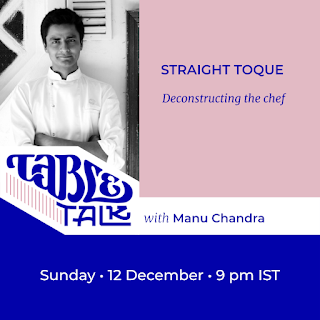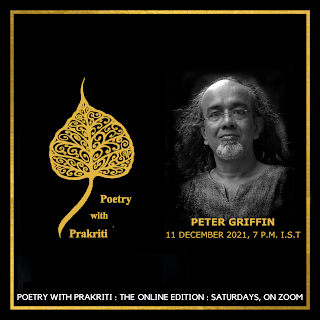What connects Chennai, Scottish Lace, Brooks Brothers, David Ogilvy, and a pioneering Indian luxury hotel chain?
In the 1950s, CP Krishnan Nair, who had quit the army, helped start the All India Handloom Board. He was also an entrepreneur, one who started multiple companies, many named after his wife. At one point, he sold a shipment of madras fabric (worth a look-up on its own, if you’re not familiar with it) to an American buyer, with the warning that the cloth should only be washed gently in cold water or the fabric would bleed.
Someone neglected to tell Brooks Brothers, who had bought a sizeable amount of the cloth, about this. And so the clothes they made from the fabric went out to customers without appropriate washing instructions, and the bright dyes bled, and the colours faded.
The importer summoned Nair to the USA, threatened legal action. Instead they worked out a brilliant compromise and turned this lemon into lemonade.
They arranged an interview with Nair with Seventeen magazine. He made up from whole cloth (hehe) a story about this fabric made exclusively for Brooks Brother, and the mag ran a seven-page piece about “Bleeding Madras — the miracle handwoven fabric from India.”
Ogilvy? He turned the defect into a USP: “Guaranteed to bleed,” the ads said. One catalogue in 1966 carried this copy: “Authentic Indian Madras is completely handwoven from yarns dyed with native vegetable colorings. Home-spun by native weavers, no two plaids are exactly the same. When washed with mild soap in warm water, they are guaranteed to bleed and blend together into distinctively muted and subdued colorings.”
And Scottish Lace? Among the many companies Nair started was a lace-making factory in Sahar, Bombay, named Leela Scottish Lace, which was also the company that sold that fabric which landed up with Brooks Brothers.
And if you were around when the Leela Kempinksi (as it was first called) came up, you may have noticed a sign nearby with the company name. Captain Nair, as he was popularly known, is perhaps best remembered for the hotel chain.
(By the by, there is a town in Oregon, USA, called Madras (population 6,000-odd), and one story is that it was named after madras fabric.)
Bonus: there’s a connection with bermuda shorts.
In the 1930s, the Bermuda Athletic Association would invite Ivy League teams to play their rugby a tournament. This became so popular that there were chartered flights for students, who would bring back clothes they bought there. Among them, plaid- and madras-patterned swimwear and shorts, which then made their way to jackets and suchlike with the preppy New England folks.
Sources
Gentleman’s Gazette, Orvis, Madras Musings, Wikipedia article on CP Krishnan Nair


